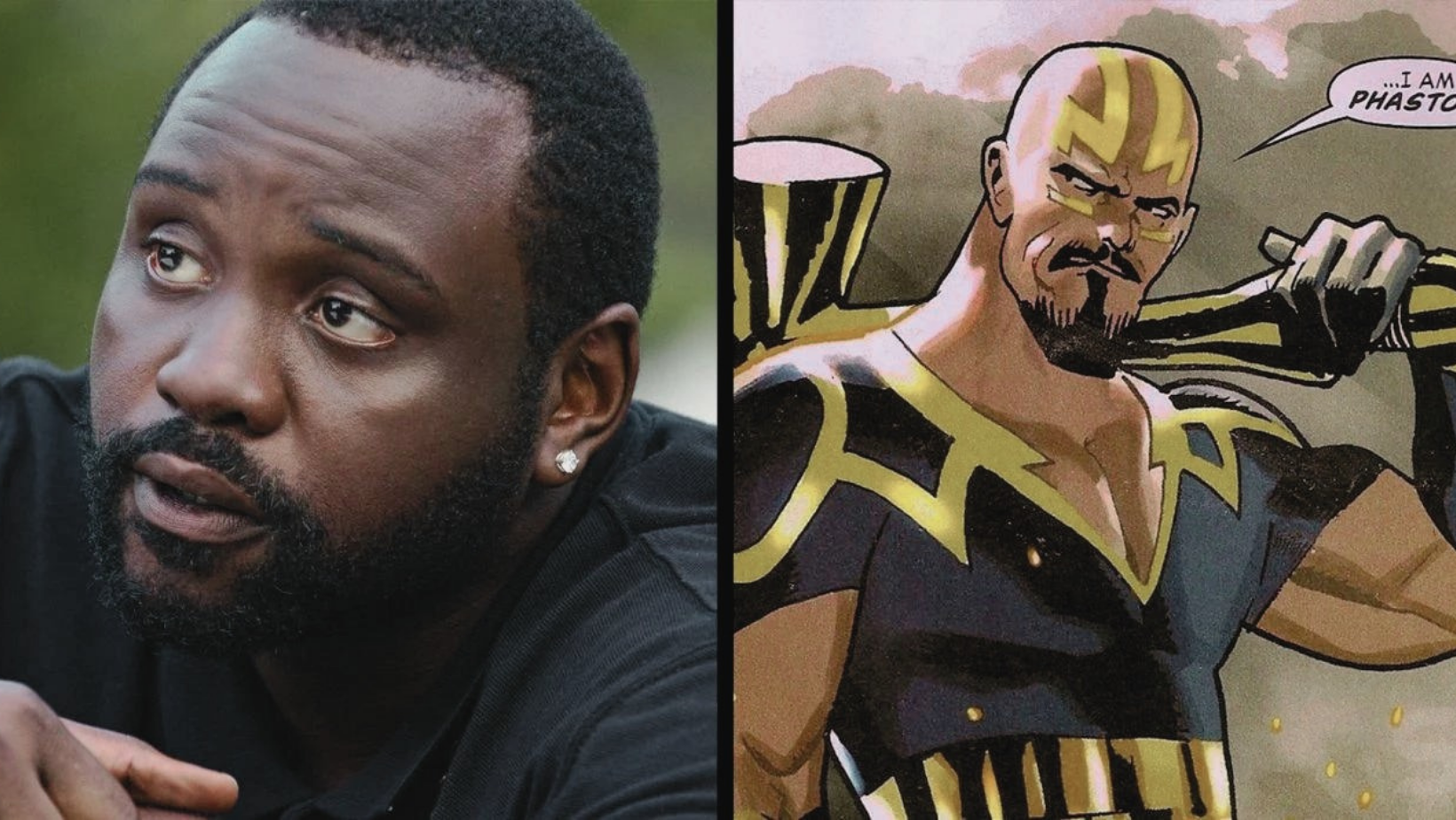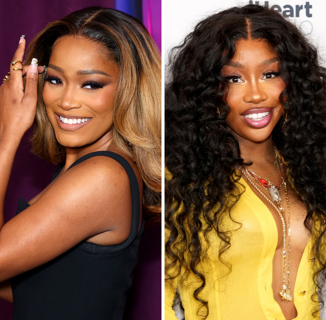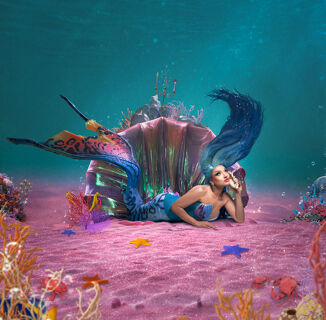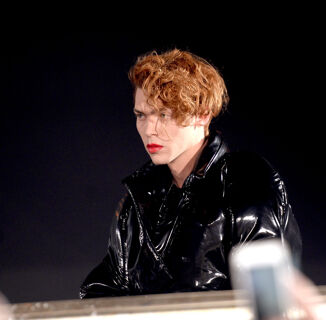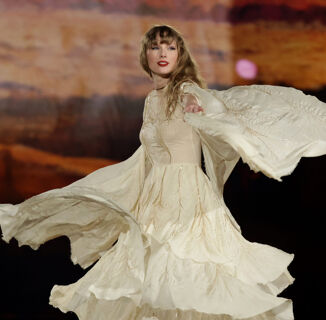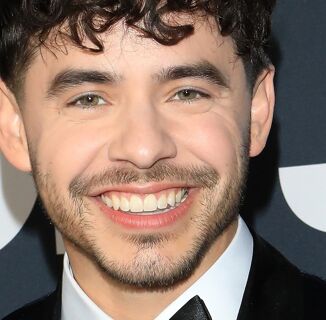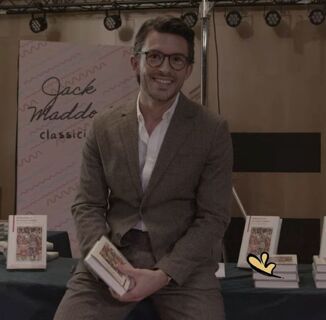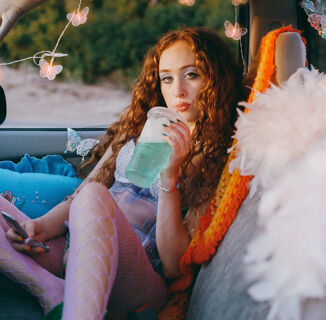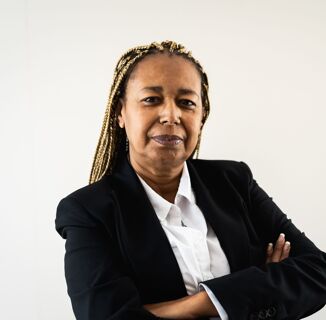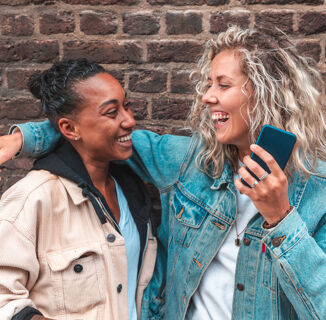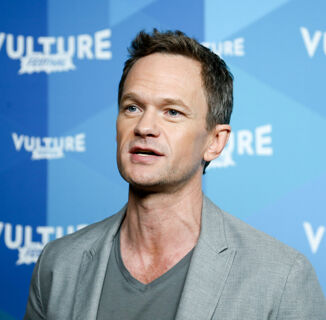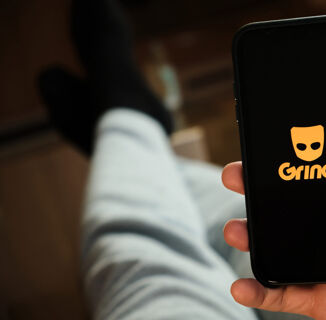November 2021 will bring us The Eternals, and with it the first openly LGBTQ+ superhero for the MCU. As a part of the movie’s healthy roster of stars, Brian Tyree Henry will portray Phastos and give us the first gay on-screen kiss of the MCU with his husband, played by Haaz Sleiman.
Marvel President Kevin Feige has been eager to assert that Phastos’ sexuality is only one aspect of the character’s narrative, saying: “He’s married, he’s got a family. And that is just part of who he is.” This suggests that we’ll be getting a character who is incidentally LGBTQ+, rather than being grounded in trauma, tragedy, or stereotypes. Meanwhile, we can only hope that they avoid “burying their gays.”
Representation is important, but the excitement of the moment is tampered, for most fans, by an important fact: when The Eternals is released, it will have been preceded by a full 25 feature films from the MCU, without even counting the canon TV series. That’s 25 feature films without an openly-LGBTQ+ superhero.
For now, it feels like we’re getting a movie version of “don’t ask, don’t tell.”
Director Joe Russo made headlines with Avengers: Endgame when he included himself portraying a gay man attending Steve Roger’s post-Snap support group. The depiction was sweet, yet sad; the unnamed character grappled with the loss of his partner and trying to get back into the dating scene. It was lauded as a milestone to have that moment appear in such a huge film with an international audience, and Russo spoke extensively about the importance of representation in media. But the scene itself, coming as late as it did in the MCU and being such a “blink-and-you’ll-miss-it” moment, felt like a “too little, too late” consolation prize for queer viewers.
What makes all of this additionally frustrating is that the MCU has had plenty of opportunities to include openly LGBTQ+ characters. The comics are riddled with LGBTQ+ heroes, several of whom have already appeared on the big screen. There are different versions of these characters, some with different sexual or gender identities (because, you know, comics.) So if Marvel was looking for representation, they didn’t look very hard.
Loki is canonically non-binary and bi/pan; one iteration of Star-Lord is bisexual; Korg (yes, the rock guy from Thor: Ragnarok) is gay, and a version of Captain Marvel is a canon lesbian. Valkyrie, portrayed by Tessa Thompson, is also originally bisexual. Thompson and Taika Waititi have said that she was to be explicitly portrayed as such in Thor: Ragnarok but the scene was cut as it “distracted” from the exposition. Similarly, Okoye and Ayo of the Dora Milaje in Black Panther are both drawn from gay characters in the comics, but a flirtatious scene between the two was cut from the final film, and Okoye was simply married off to W’Kabi. While many of these characters have little or no romantic plotlines (unlike their cis-het counterparts), it would be plausible for Marvel to have the characters come out in later films. For now, it feels like we’re getting a movie version of “don’t ask, don’t tell.”
The Marvel comics are full of queer characters. If Marvel was looking for representation for MCU treatment, they didn’t look very hard.
Given that the MCU started in 2008 with a predominantly white, cis-het male cast, it perhaps shouldn’t surprise us that it has taken so long to introduce a fully fleshed-out LGBTQ+ superhero. The MCU has done a lot to diversify its heroes since those early dates, and the release of Black Panther in 2018 was obviously a huge moment for representation.
But the world around the MCU has left queer folks in the dust when it comes to representation, so it feels like Marvel is working too hard to play it safe. It doesn’t help Marvel that DC has provided so many LGBTQ+ heroes. Most notably they introduced a trans hero to Supergirl in the form of Nia Nal, had Kate Kane leading a series as a lesbian, and officially portrayed Harley Quinn as bi/pan. If a series like John Wick can include a prominent non-binary character, what is holding up the MCU?
If a series like John Wick can include a prominent non-binary character, what is holding up the MCU?
Still, it seems as though The Eternals will mark a turning point for the MCU. While this moment has come too late, Phastos (and presumably the excitement that the announcements about him brought) has paved the way for future LGBTQ+ characters in the MCU. Tessa Thompson has already confirmed that Valkyrie will fully come out as bisexual in her next major appearance, and it seems possible that the Loki series might explore the character’s identity more. It seems reasonable to be optimistic that the future will bring new LGBTQ+ plotlines, both for new and established characters in the MCU, although that decision will probably sadly be tied to whether or not The Eternals is a box office success.♦
Help make sure LGBTQ+ stories are being told...
We can't rely on mainstream media to tell our stories. That's why we don't lock our articles behind a paywall. Will you support our mission with a contribution today?
Cancel anytime · Proudly LGBTQ+ owned and operated
Read More in Entertainment
The Latest on INTO
Subscribe to get a twice-weekly dose of queer news, updates, and insights from the INTO team.
in Your Inbox

